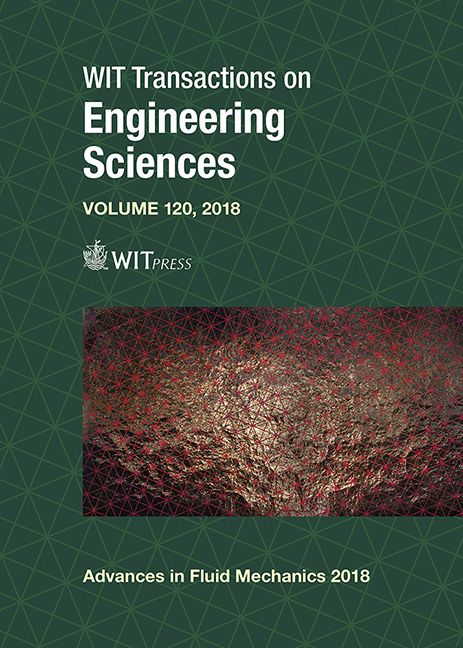GLOBALLY VERSUS COMPACTLY SUPPORTED RBFS
Price
Free (open access)
Transaction
Volume
120
Pages
5
Page Range
249 - 253
Published
2018
Size
194 kb
Paper DOI
10.2495/AFM180251
Copyright
WIT Press
Author(s)
EDWARD J. KANSA
Abstract
For many years, a debate has occurred whether radial basis functions having compact support (CS) or global support (GS) is best for engineering and scientific applications. CS RBFs converge as O(h(k+1)), h is the fill distance, and its systems of equations have many zeros. In contrast, GS RBFs converge as O(λ(c/h)), λ <1, c is the GS-RBF shape parameter. Previously, the barrier to exploiting the exponential convergence rate of GS-RBFs has been the ill-conditioning problem that is due to computer chip restrictions on the relatively large machine epsilon. Although computer chips with arbitrary precision are very rare presently, extended precision software has allowed the exploitation of the exponential convergence rates of GS-RBFs. When attempting modeling of higher dimension practical problems, previous methods such as domain decomposition, global optimization, pre-conditioning will need to be blended even on massively parallel computers.
Keywords
radial basis functions, compact support, global support, polynomial convergence, exponential convergence, multi-precision arithmetic





